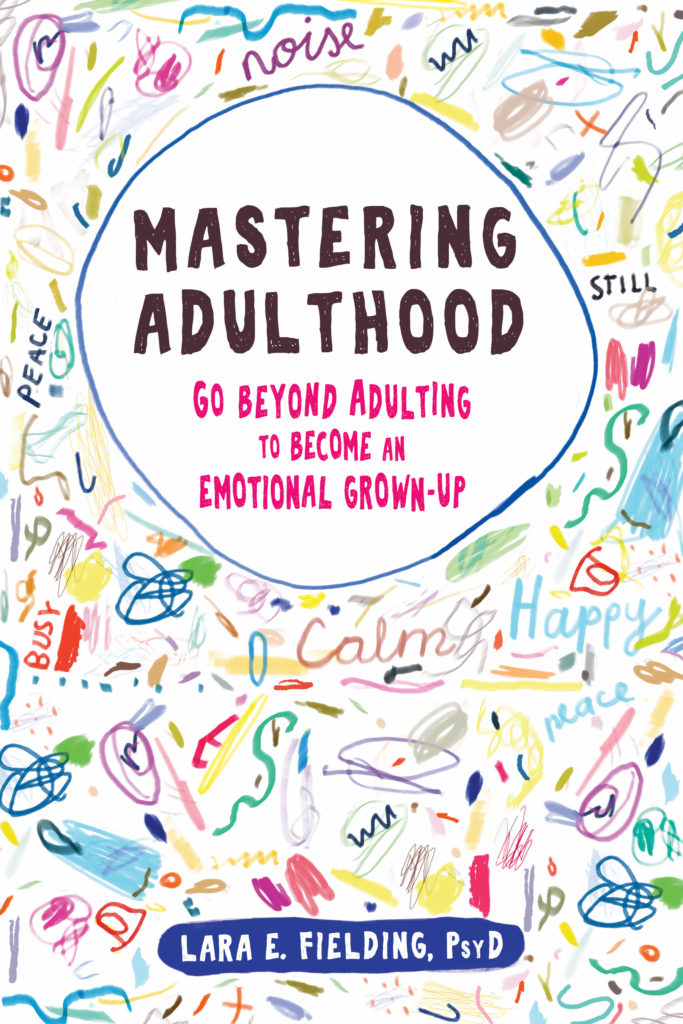Strategies are the things we do to minimize discomfort and obtain or hold on to pleasure. Short-term strategies are those that bring immediate gratification. Long-term strategies are those that bring longer, more enduring rewards, but require some discomfort in the short term. When short-term strategies are more prevalent than long-term, we become more susceptible to the effects of stress and vulnerable to the emotion-action mechanism. Over use of short-term strategies is the number one reason people show up in my office. Inevitably, a strategy, which was fairly effective for reducing difficult thoughts and feelings for some period of time, ceases to work when the road of life changes in some way.
Sometimes, strategies are pretty good. These are what we call the “pro-social” strategies. Examples might be, over compensation (over working, being extra nice and helpful, perfectionism, fitness, etc). These strategies work (as all strategies do, or we would not use them) by protecting us from feeling vulnerable, criticized, judged, in any way by ourselves or others. They also build self esteem and other protective factors. But then one day, a stress or major life event changes the road of life so significantly, that these strategies cease working. Mr. or Ms. Overachiever has had such good success with this strategy in the past, that they have not learned how to tolerate the natural emotions and vulnerability related to the life change.
Alternatively, the more debilitating strategies are those that are so short term (they minimize discomfort short term, but do very little to increase joy in the long term) that the individual has virtually no remaining ability to tolerate distress. Thus, opportunities to gain joy and wellbeing from the road of life become increasingly curtailed over time. This is the kind of individual who relies heavily upon drugs and alcohol, deceit, food, and sex. In short, this strategy is all about immediate gratification, at the expense of longer term goals. Now, before we start judging, which of these two types of strategies is “better” or “worse,” it is important to know that most of us have some combination of these. Ultimately, it is important to be aware of what your own strategies are! How do they serve you short and long term? And what are the costs? Are they getting in the way of something you want to do with your life?

